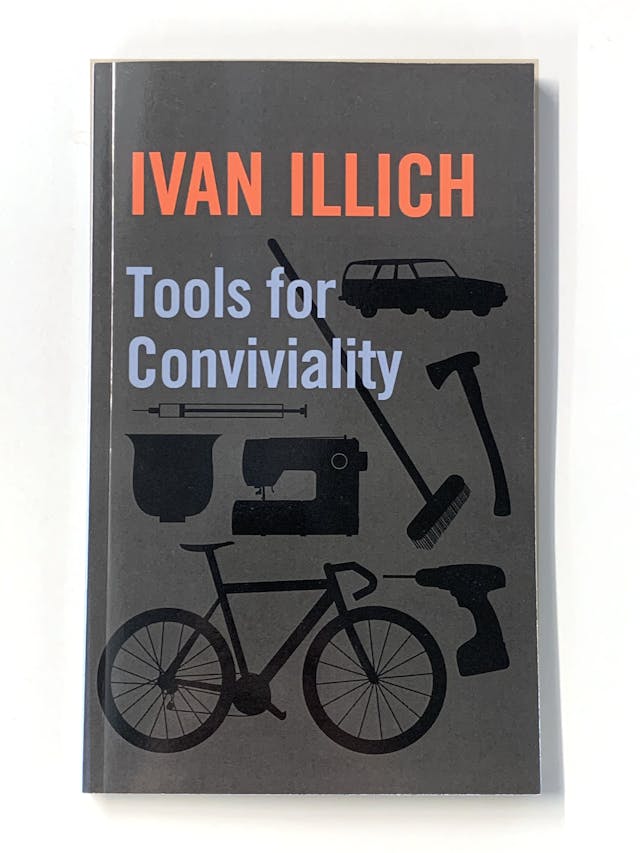Think, then Drive: Further reading from an automotive seer

Matthew B. Crawford is a philosopher and mechanic. He is the author of the NYT bestseller Shop Class as Soulcraft: An Inquiry into the Value of Work—which garnered much attention and many awards upon its publication in 2009—and, most recently, Why We Drive: Toward a Philosophy of the Open Road. CEO McKeel Hagerty is a fan of Crawford’s writings and his position that the automobile is a tool of independent thought and action, not the bane of society, so we asked Crawford for further reading that speaks to our Never Stop Driving mantra. Here, he recommends three books for thinking critically about grand schemes for progress:
The Death and Life of Great American Cities

In her 1961 masterwork, Jane Jacobs shows how urban planning can be driven by visions of order imposed from on high, running roughshod over the very features that make cities attractive places to live. Such planning tends to proceed without a street-level understanding of what makes a place thrive. Neighborhoods that were once “marvels of close-grained intricacy and compact mutual support” are “casually disemboweled.” Jacobs has long been a darling of progressive urbanists, but her central insight is a conservative one: She shows the perversities that often result from the desire to transform everything according to some utopian ideal.
She is ambiguous about cars, noting that accommodating them tends to stretch the fabric of social interaction, which requires a certain intimacy of scale and fluidity of movement. To make way for cars and all that comes with them, such as parking lots, “city streets are broken down into loose sprawls, incoherent and vacuous for anyone afoot.” But she also says “we blame automobiles for too much” and that they can facilitate a beneficial density of development.
Tools for Conviviality

In his 1973 book, the philosopher and social critic Ivan Illich uses the term “radical monopoly” to name what happens “when people give up their native ability to do what they can for themselves and for each other, in exchange for something ‘better’ that can be done for them only by a major tool.” A “major tool” makes us dependent on claims of special expertise remote from our own experience—such as the supercomputer “Intersection Manager” envisioned by autonomous-car visionaries. By contrast, a “pluralism of limited tools” that are directly intelligible supports what Illich calls conviviality. These are “individually accessible tools to support the meaningful and responsible deeds of fully awake people.” That sounds to me like what we do when we drive our cars (on a good day).
Illich was famously hostile to the automobile, but when viewed against the backdrop of Big Tech’s plan to colonize driving, the car as it currently exists is arguably a tool for conviviality, in Illich’s sense. It demands flexibility, judgment, and individual initiative in its use. Indeed, that is its defect, according to our utopians!
Seeing Like a State

Published in 1998, the Yale historian and anthropologist James C. Scott argues that mapmaking has long been an instrument of empire. Consider a typical medieval town that developed over centuries. As viewed from the air, it looks almost like an organic thing, with hardly a right angle in sight. For those who grew up there, its alleys and lanes are perfectly legible. But someone arriving from outside—such as a representative of the king looking to collect taxes or conscript soldiers for military adventures—would need a local guide to find his way. The cityscape privileges local knowledge over outside knowledge, and this provides a margin of safety from control by outside elites. Conversely, to consolidate power, one needs to have a complete map of the territory.
This basic logic seems to capture pretty well what has occurred in London over the past 10 years as the local cabbies, famous for their intricate knowledge of that bewildering city, have been displaced by ride-hailing firms that use map software to direct drivers (many are new immigrants). Could this be viewed as a bit of economic imperialism by Silicon Valley?

